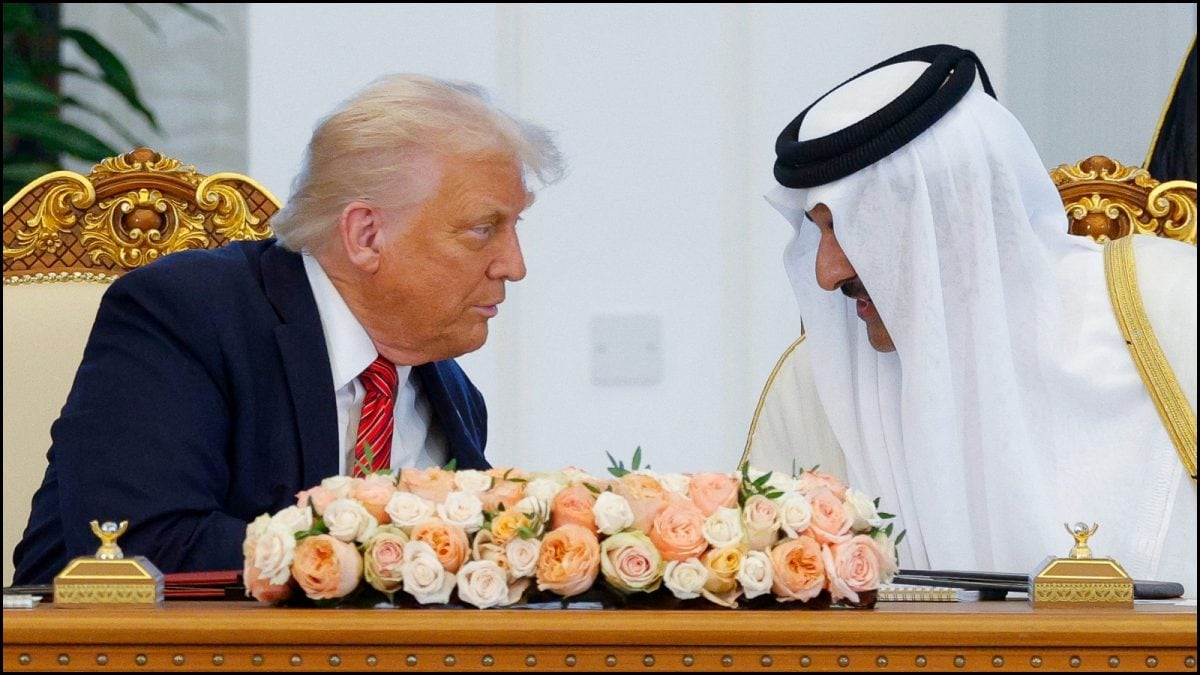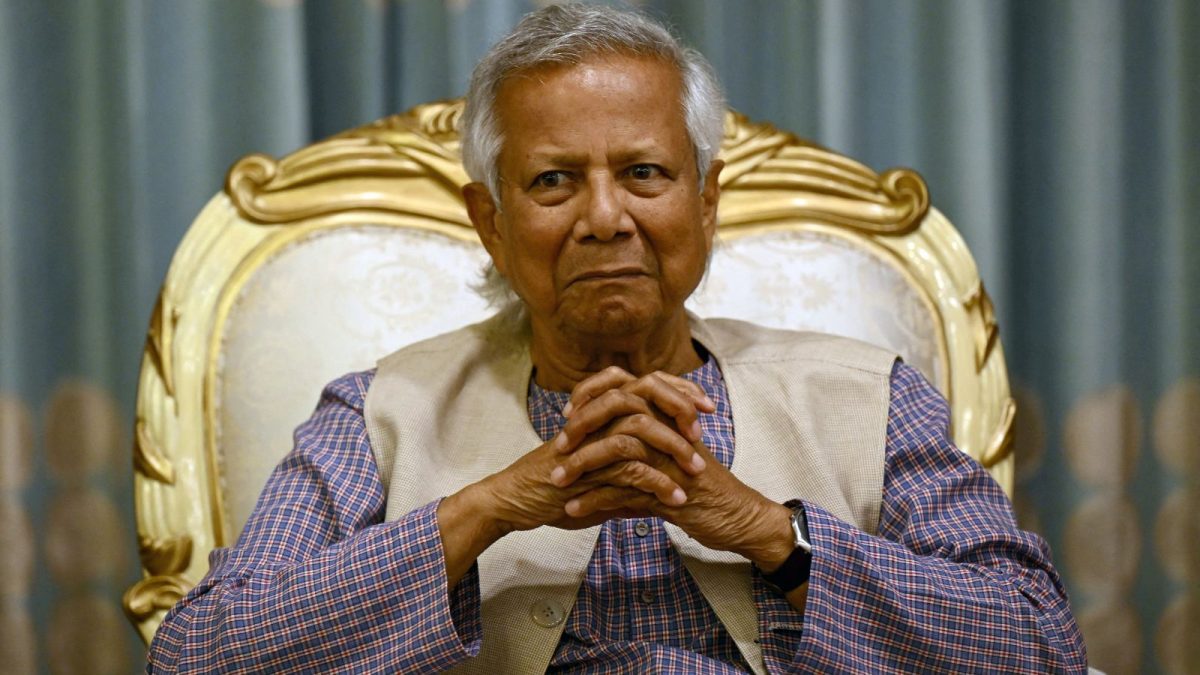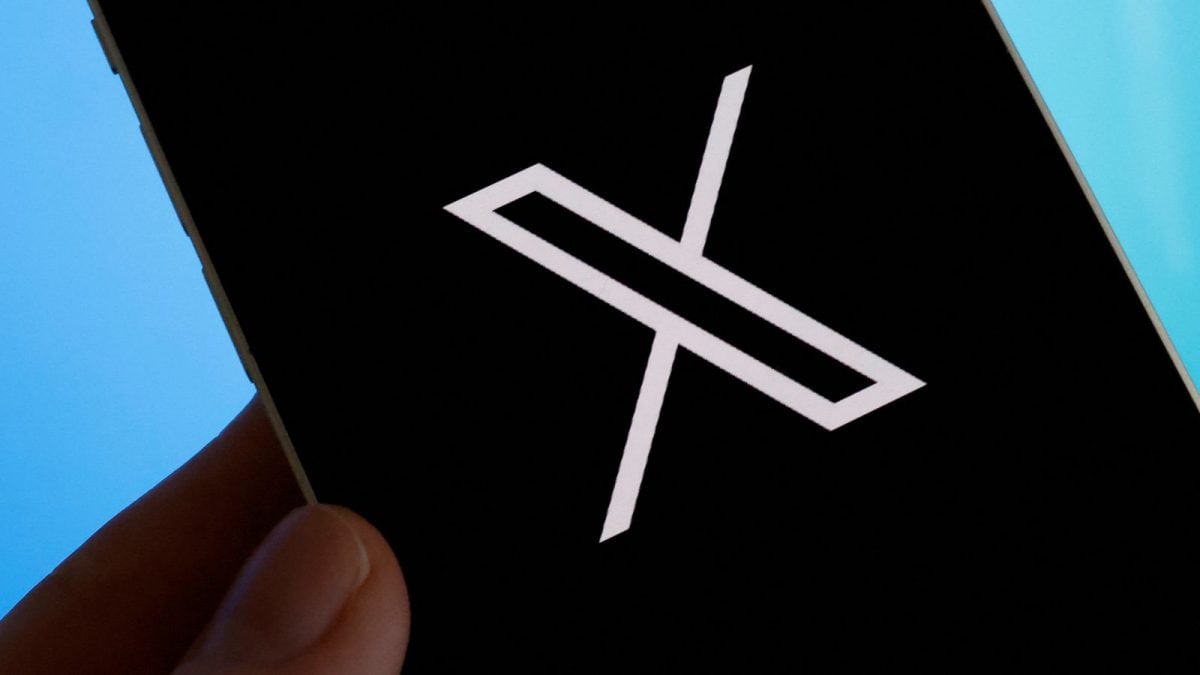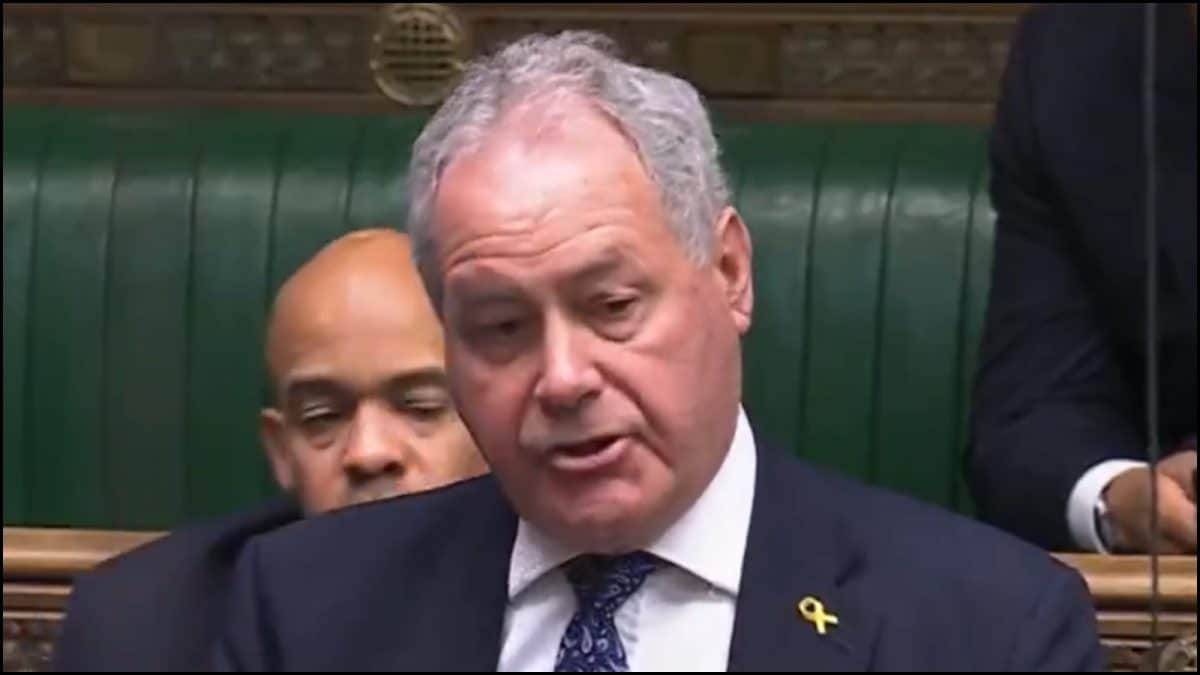Last Updated:April 15, 2025, 07:18 IST
The AI chatbot not only helped the family identify the child's rare condition but also guided them towards the urgent treatment the child needed.

An American mother turned to ChatGPT after 17 doctors failed to diagnose her four-year-old son's mysterious illness.
In a remarkable case showcasing the rising significance of artificial intelligence in healthcare, an American mother turned to ChatGPT after 17 doctors failed to diagnose her four-year-old son’s mysterious illness.
The AI chatbot not only helped the family identify the child’s rare condition but also guided them towards the urgent treatment the child needed.
Courtney, Alex’s mother, had been searching for medical answers for over three years. According to TODAY.com, during the COVID-19 pandemic, she began noticing unusual symptoms in her son, including constant toothaches, slowed growth, and issues with balance and posture.
However, Courtney, despite consulting numerous specialists, did not receive a definitive diagnosis for her son. It was then, she decided to try something new.
She uploaded Alex’s MRI notes and all his symptoms, line by line into ChatGPT. Within seconds, the AI tool suggested a possible condition: “Tethered Cord Syndrome", a rare neurological disorder that affects the spinal cord.
Following the AI’s suggestions, Courtney joined a Facebook group for parents whose children were suffering from similar symptoms and further validated ChatGPT’s suggestion.
She then approached a new neurosurgeon, who confirmed the AI’s diagnosis. Alex then underwent a spinal surgery and is now recovering well.
Soon after the story went viral, it gained widespread attention and praise for AI’s potential in supporting medical diagnosis, however, experts cautioned that tools like ChatGPT should not replace doctors.
They suggested that AI systems are still evolving and can cause havoc by generating inaccurate information – a phenomenon known as “AI hallucination."
Location :United States of America (USA)
First Published:April 15, 2025, 07:09 IST
News world When 17 Doctors Fell Short, AI Stepped Up: How ChatGPT Helped A Mother Diagnose Son's Rare Condition

 4 weeks ago
4 weeks ago
















